JMM Insights: Searching for Social Justice

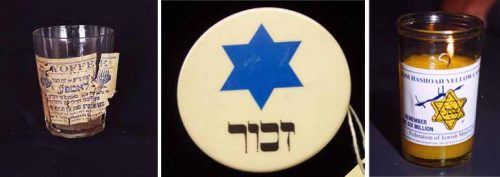
We all wish it was over – the Pandemic that has killed more than 100,000 people, a disproportionate number of whom are black or brown or poor; the Economic Slump that has put 40 million people out of work, again, disproportionately affecting people of color and those who can least afford to be out of work; and now the Uprisings that tear at the fabric of nearly every American city. We all know that it is not over, and we know that no amount of “wishing” will end them.
This week JMM takes some tiny steps toward looking past the Pandemic, readying for a partial reopening later this summer. We’re doing our best to keep a small segment of Baltimore’s tourist industry viable. But we know that full restoration of both the Museum’s operations and the local economy won’t be possible until a vaccine is available, and our guests can feel comfortable gathering in large groups again.
But what is true for the Pandemic and the Economic Slump unfortunately does not apply to the Uprisings. There is no vaccine on the horizon to address the systemic racism that has plagued this nation for four hundred years. There is no medicine to ameliorate the impact of racial disparities on nearly every aspect of our society. The only “cure” that is possible is to really listen to the voices of others, and to ask ourselves what would an upstander do to address this existential challenge for our community.
I need to confess that back in the pre-COVID period, when we made the decision to host the photo exhibit Gray In Black and White, I was mistaken on two counts. First, I had thought it would be physically displayed in our lobby during the fifth anniversary, something the virus made impossible. Second, and certainly something I now regret, I thought of it as marking an event in our past. I lost sight of the fact that the root causes of the Uprising weren’t over. Our attention had been deflected by other conflicts and tragedies, but as our guests at the second live program we presented in conjunction with the project (a program that aired just three days before George Floyd lost his life while in police custody), little has changed in our society since the death of Freddie Gray.
This week we invite our readers to reflect on both the online exhibit and accompanying live programs. What role are we willing to play as individuals and as influencers on our communities to help support real change?
One hundred and fifty-nine years ago, Rabbi Einhorn of Baltimore’s Har Sinai wrote of his colleagues who endorsed the position of the Confederacy from their pulpits: “who are these rabbis who thank G-d each morning for their deliverance from Egypt and in the evening sanction slavery from the highest pulpit”.
If “never again” is a meaningful phrase, surely it does not apply to Jews alone. How can we look away from Freddie Gray and George Floyd or the many others who have died unnecessarily in the hands of those who had a duty to protect them and not imagine our own parents or grandparents in a different time and place.
~Marvin
THE DIGITAL MUSEUM: SEARCHING FOR SOCIAL JUSTICE
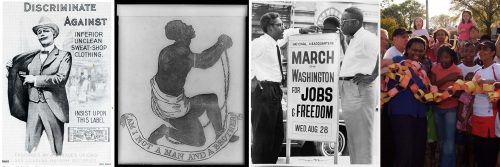
Ten years ago, we published a special, double-length edition of Generations Magazine, exploring issues from labor activism to Rabbis and slavery on the eve of the Civil War, from Freedom Riders to ethical housing practices.
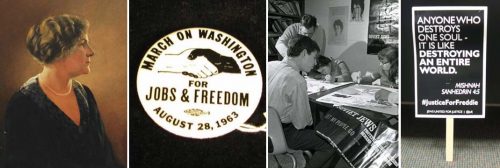
And in the past five years, we have explored social and racial justice on our blog, including this week’s post from Deputy Director Tracie Guy-Decker, exploring Jewish connections and obligations for racial justice.
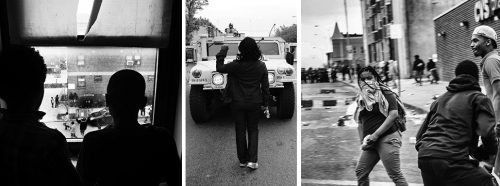
This year’s exhibit also included two live programs produced in partnership with the Reginald F. Lewis Museum with support from the Open Society Institute-Baltimore (delivered virtually of course).

Uprising + 5: A Conversation with J.M. Giordano and Devin Allen –
Follow Giordano’s work documenting current events here.
Follow Allen’s work documenting current events here.
Uprising + 5: Activists, a Discussion with Tawanda Jones, Megan Jenny, and Lisa Snowden-McCray
Follow Tawanda Jones’ work here
Follow Megan Kenny’s work here
Follow Lisa Snowden-McCray’s work here

But these are only starting points – to quote our statement on the death of George Floyd, police brutality, and the continued struggle to fight inequality, inequity, and injustice on our lives:
We urge all of our fellow Americans, regardless of race, to take a hard look around them—and within their own hearts and minds—at the evidence of inequality and inequity. We must educate ourselves. We must listen, truly listen, to the voices of people who don’t look or live or worship as we do. We must commit to being upstanders, not bystanders. We will only change the story if we change ourselves.
In that light, we direct your attention to just a few of the many organizations doing the important work here in Baltimore and encourage you to seek out more voices to listen to and learn from:
Open Society Institute-Baltimore
Leaders of a Beautiful Struggle
JOIN US – LIVE!
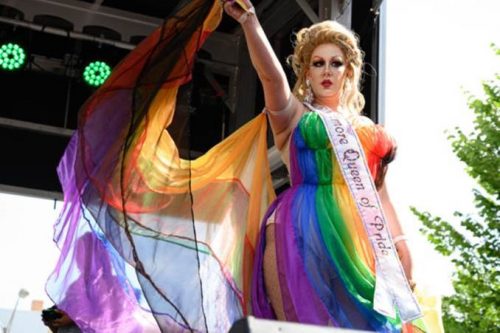
with Bambi Galore
Sunday, June 7, 2020
at 3:30pm EST
Listen to stories, sing songs, and join in activities that celebrate acceptance and inclusivity. This program is open to all, and the activities are perfect for children ages 3-8.
Register for this Live Stream Event here!
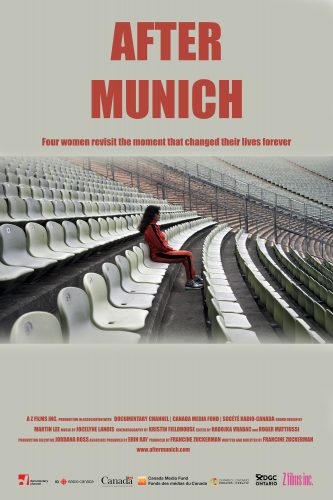
Monday, June 8 at 7:00pm
through Wednesday, June 10
at 7:00pm EST
Intrigue, tragedy, reconciliation, love, and death – After Munich is more than the story of the 1972 Munich Olympics and the terrible events that unfolded.
Presented in partnership with the 32nd Annual William and Irene Weinberg Family Baltimore Jewish Film Festival.
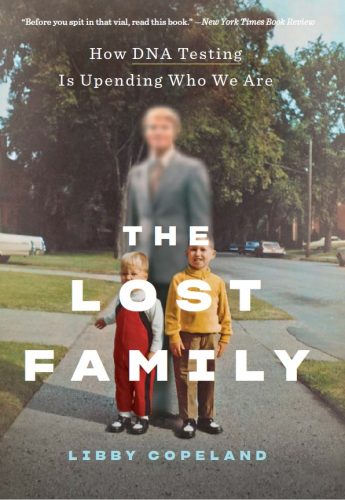
Thursday, June 11, 2020
at 7:00pm EST
Join award-winning journalist Libby Copeland and author of The Lost Family: How DNA Testing Is Upending Who We Are as she shares her work on the stunning implications of home DNA testing and the discovering of lost heritages.
Register for this Live Stream Event here!
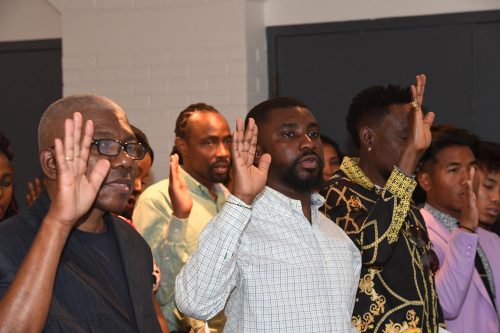
Sunday, June 14, 2020
at 3:30pm EST
Honor and learn about refugees and immigrants ahead of World Refugee Day 2020 through world music, story time, and other activities. This program is best suited to children ages 3 to 8.
Register for this Live Stream Event here!
WONDERNAUTS 2020: WHY DO WE EXPLORE
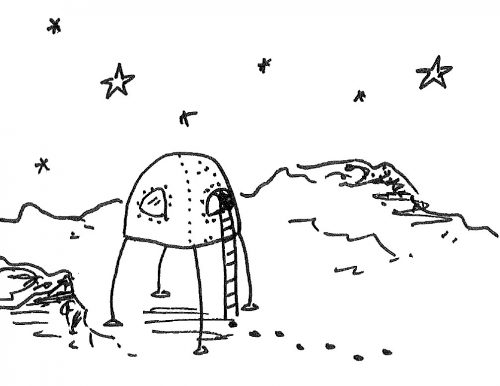
Prehistoric people may have stood at the mouth of a cave and gathered their courage to explore the inside. Perhaps they wondered what was over the next hill or on the other side of a mountain. People might have looked up to the skies and wondered about exploring places beyond what their eyes could see.
Join us in exploration and create your own travel journal!
ESTHER’S PLACE: ONLINE
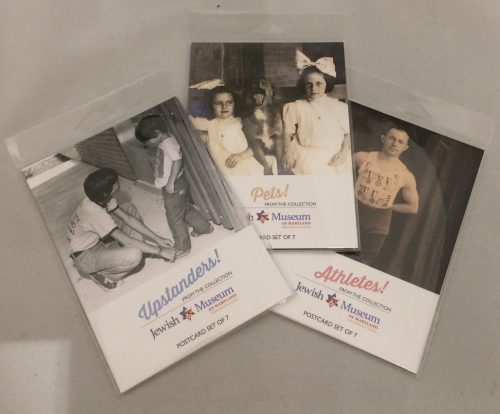
Remember – Members of the Museum get their membership discount
by using promo code “member” at checkout.
Don’t see something you’re interested in at the online shop? Contact Shop Manager Chris Sniezek at csniezek@jewishmuseummd.org and let us know.
